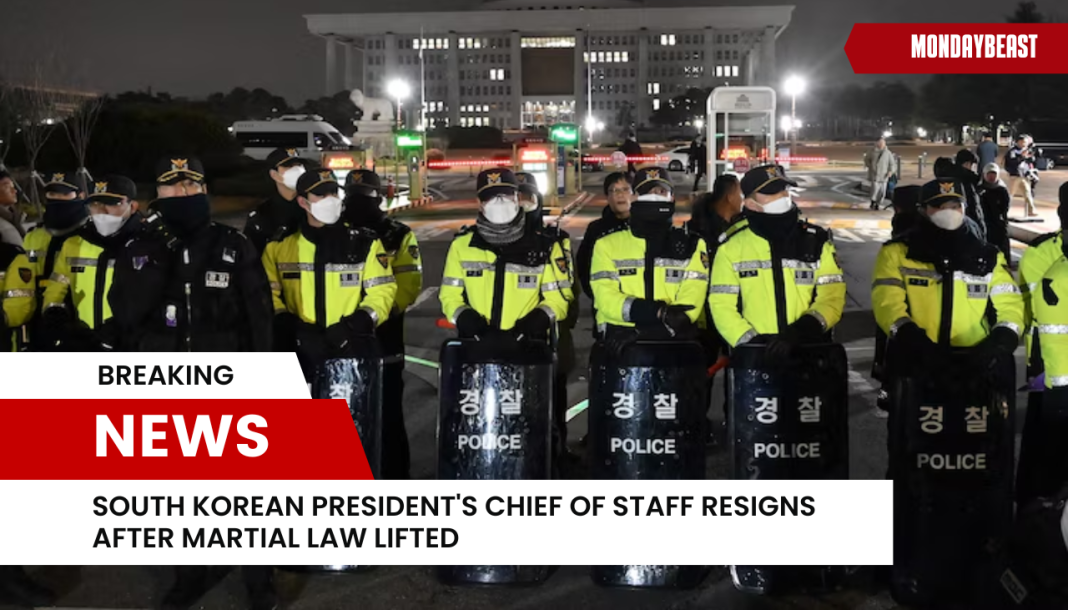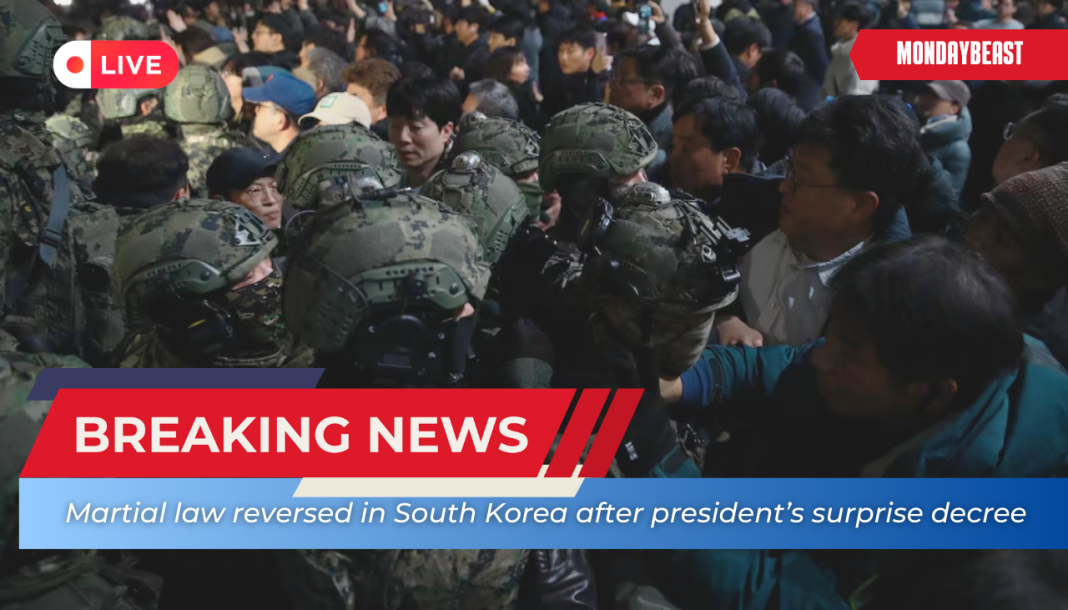The Unthinkable Happens in Seoul
In a move that no one saw coming, South Korean President Yoon Suk Yeol declared martial law late Tuesday night. This decision sent shockwaves throughout the nation, stirring up fear and confusion. Who could forget the last time martial law was invoked? People remember the 1980s—a painful period marked by oppression and a struggle for democracy. It’s as if history came rushing back, and many were left wondering, ‘Is this a repeat of past mistakes?’
Once the decree was announced, the reaction was immediate. Citizens in Seoul rushed to be with loved ones, clutching their phones in disbelief. The streets buzzed with worry. “What will happen next?” many thought. The weight of martial law hung heavy in the air, as families tried to find solace in each other. It was a surreal moment, as if the nation had just stepped into a dystopian novel, where safety was compromised.
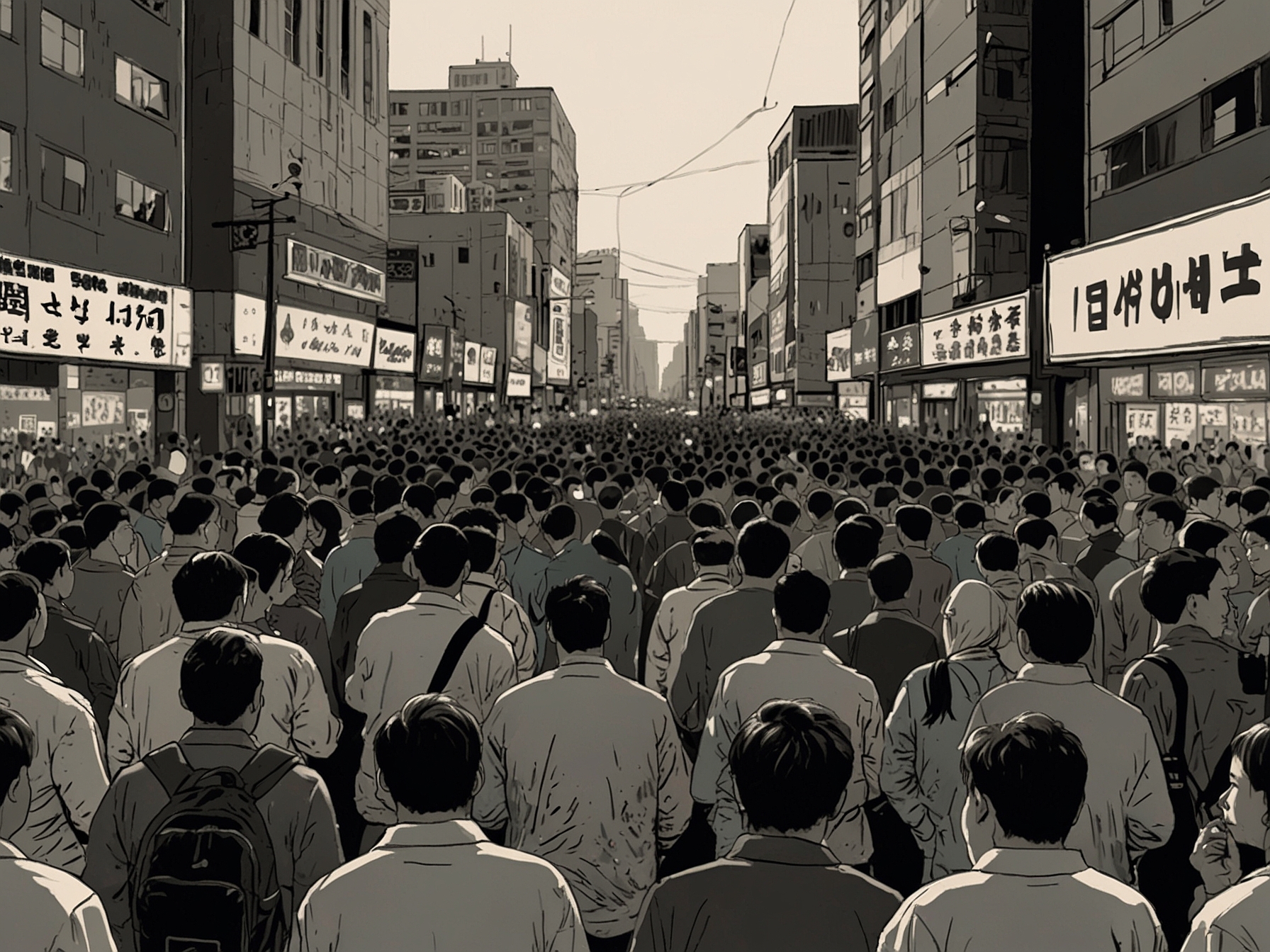
The political landscape was equally tumultuous. Lawmakers, shocked by Yoon’s bold move, sprang into action. They managed to block the decree just hours later with a parliamentary vote. A sense of relief followed, but the atmosphere was still tinged with uncertainty. How could a president justify such actions? The fabric of democracy seemed suddenly fragile.
Backtracking Under Pressure
Yoon’s decision lasted mere hours. By early Wednesday morning, the president backtracked, withdrawing the military presence he had hastily deployed. It was a swift retreat that left many politicians and citizens questioning his leadership. What motivated his initial declaration? Was it desperation or a strategic ploy in a political chess game?
Leaders from the opposition, particularly the Democratic Party, voiced their outrage. They accused Yoon of ‘destroying the Constitution’ and ‘trampling on democracy.’ The stakes grew even higher as impeachment chatter intensified. “Enough is enough,” they proclaimed. The urgency in their voices echoed across the nation as they rallied against what they viewed as an attack on their very rights.
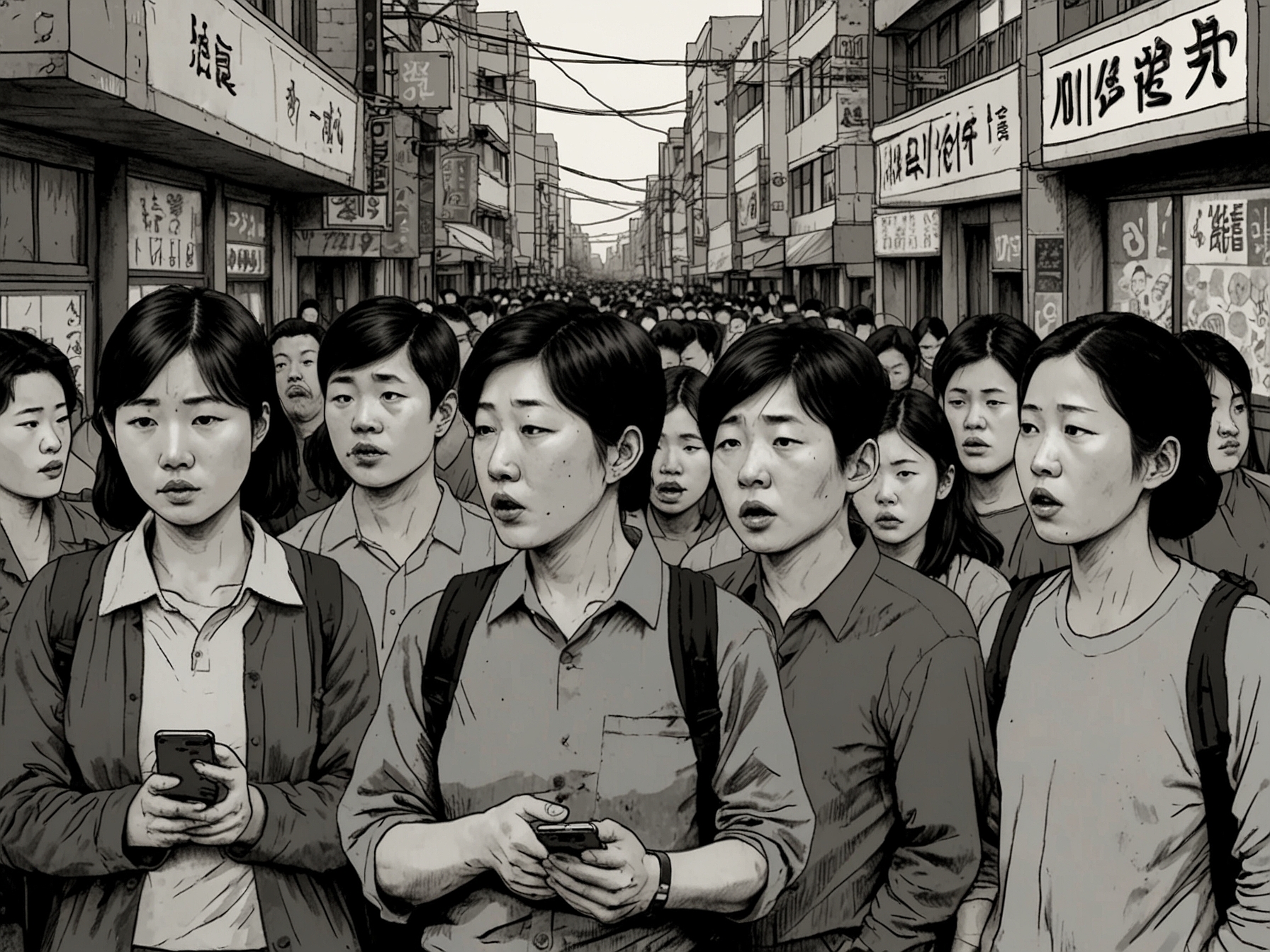
This wasn’t just political posturing. The palpable fury reflected in their words illustrated a deep concern for democratic values. Could the president salvage any credibility after such a blunder? It seems hard to imagine.
A Nation’s Memory Ignited
In a way, Yoon’s martial law announcement has reignited conversations about South Korea’s historical struggle against authoritarianism. For many, the memories of civil unrest during the 1980s remain. Young people today, aware of the sacrifices of their forebears, ponder the implications of Yoon’s actions. Will they stand idle while history repeats itself?
Public sentiment shifted overnight as citizens remembered their past battles for democracy. CNN’s team on the ground captured scenes of residents gathering outside the National Assembly. Their cries of “Long live the Republic of Korea!” echoed through the streets. Joy shifted rapidly to outrage as they demanded accountability from their leaders.
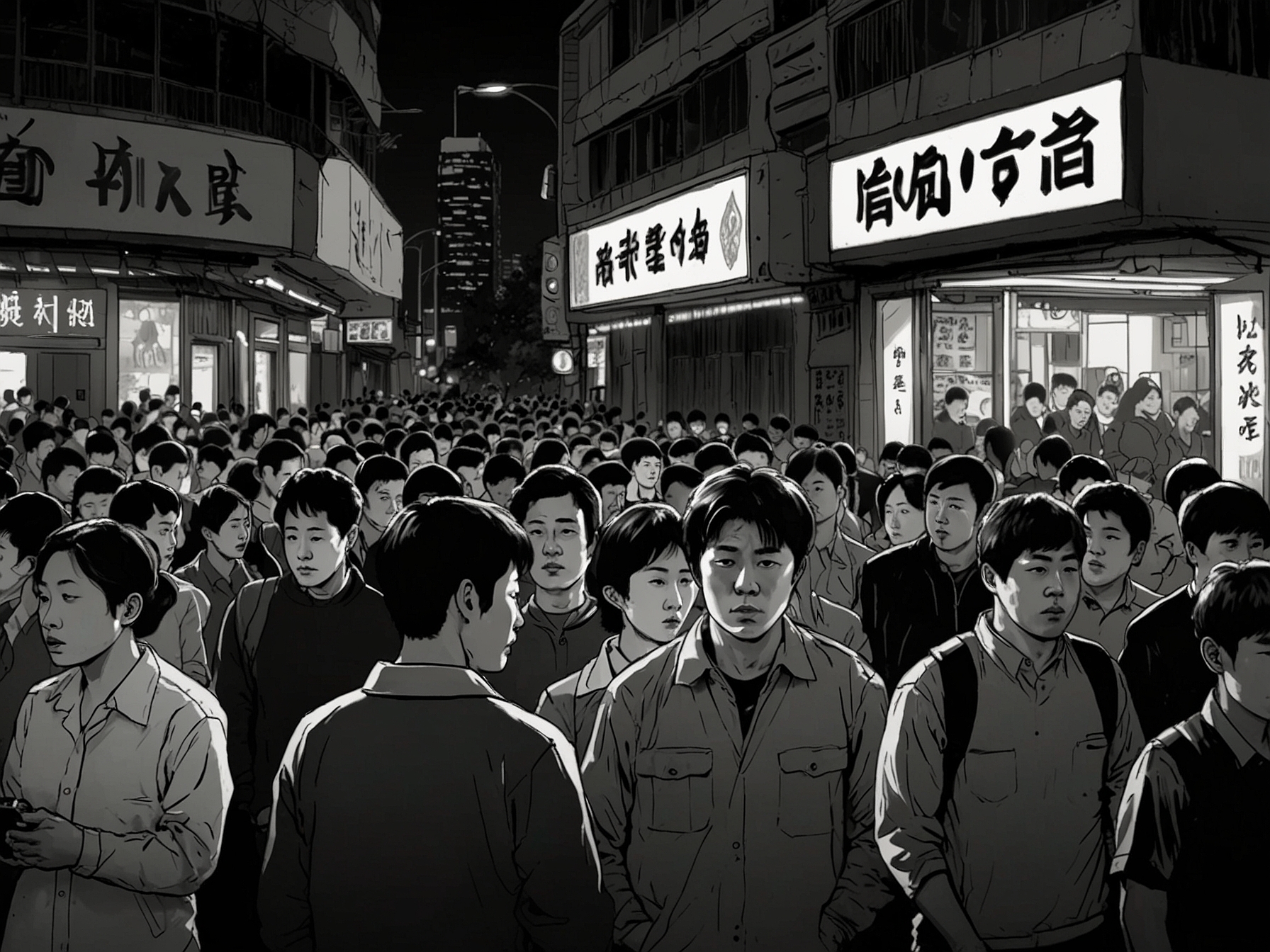
Amidst this chaos, it’s worth reflecting: How much will the people tolerate from their government? This moment could mark a pivotal point in their continuing struggle for democracy. Could it motivate a new wave of activism among younger generations?
An International Perspective
The ramifications of Yoon’s actions extend beyond South Korea’s borders. The Biden administration sounded alarms. They expressed concern about the unexpected martial law declaration. In the age of global interdependencies, U.S. allies are watching closely, and this incident might strain relationships. What are the lasting effects on South Korea’s standing in the world? How does martial law resonate with nations advocating for democracy?
For many, the U.S.-South Korea alliance is essential, and deviations from democratic norms could sour that relationship. Tensions are already high due to North Korea’s nuclear threats. Now, add a domestic crisis into the mix—it’s a recipe for disaster. Have we reached a point where Yoon’s decisions could lead to unintended consequences in foreign policies?
While President Yoon defended his decree as a necessary measure, the reality is complex. His unsteady leadership amidst rising tensions must prompt serious reflections. Will South Korea emerge stronger through this crisis, or will it deepen divisions?
The Road Ahead
What does this mean for the future of South Korea? Discussions around accountability and transparency will surely gain traction. Yoon may have a fractured relationship with his opposition; how can he bridge that divide? Public trust, once shattered, is hard to regain. Perhaps the nation’s leaders should look inward now. It’s a moment for reflection and accountability.
Could this upheaval signal a shift in South Korea’s political landscape? Time will tell. As the dust settles, one thing remains clear: the fight for democracy is an ongoing battle. The citizens of South Korea have proven they are not willing to turn a blind eye. They will demand more from their leaders. It’s in their DNA.
The unexpected events in South Korea serve as a reminder. The stability of democracies lies not only in policies but also in how leaders engage with their citizens. Whether through movements that bring people together or policies that drive them apart, the path forward will be watched closely—both at home and abroad.

